How are you protecting your plants from winter?
ellenr22 - NJ - Zone 6b/7a
9 years ago
Related Stories
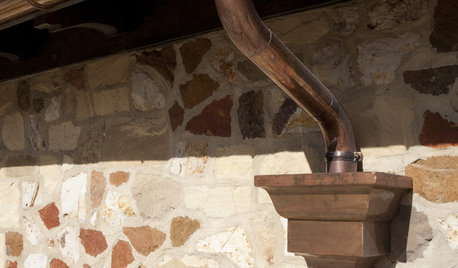
HOUSEKEEPINGProtect Your House From Winter Water Damage
Avoid costly repairs by learning to spot potential problem areas before water damage is done
Full Story
HOME TECHTo Feed and Protect: Care for Your Pet From Afar With New Devices
You might miss the nuzzles, but your dog or cat won't miss food, water or monitoring with these high-tech feeders and cameras
Full Story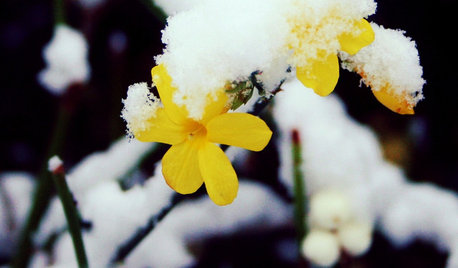
YELLOW FLOWERSGreat Design Plant: Winter Jasmine Gladdens Snowy Gardens
Sunny yellow flowers defy the frost, bringing cheer to the garden on gray days
Full Story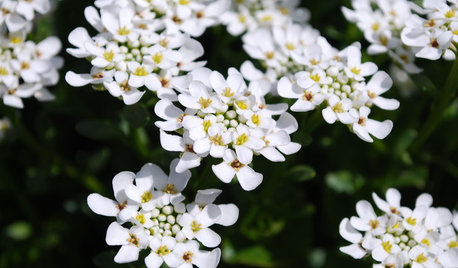
GROUND COVERSGreat Design Plant: Evergreen Candytuft for Glossy Winter Foliage
Keep your garden green through frosty days with this woody subshrub — then delight in sparkling white flowers come spring
Full Story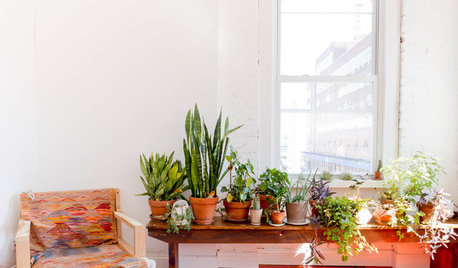
HOUSEPLANTSIndoor Winter Gardens for Cheerier Days
Bring plants inside for drab-days mood boosting — not to mention cleaner indoor air and protection for your greenery
Full Story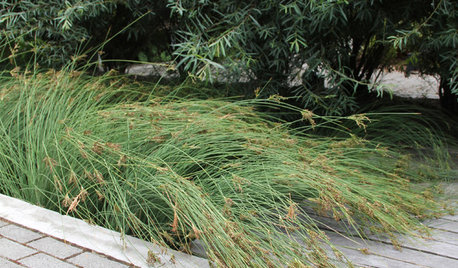
GARDENING GUIDESProtect a Precious Resource With a Rain Garden
Promote pure water and a beautiful landscape with a garden design that makes the most of the rain
Full Story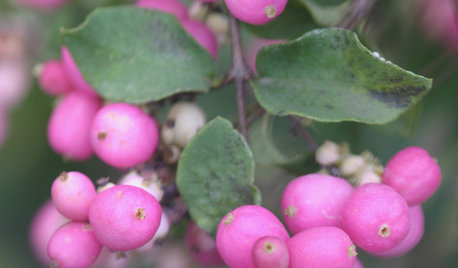
LANDSCAPE DESIGN5 Berry-licious Shrubs to Plant Now for Winter Interest
Showy color during snow season? You bet. These shrubs will wake up a garden with colorful berries when other plants are asleep
Full Story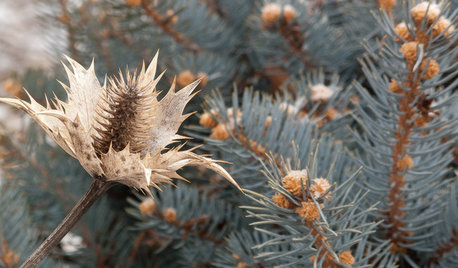
WINTER GARDENINGInspiring Winter Scenes From the Denver Botanic Gardens
Use seed heads, bare branches and grasses to design lovely garden displays when the ground is frozen
Full Story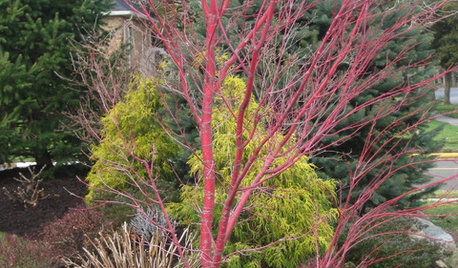
TREESGreat Design Plant: Coral Bark Japanese Maple, a Winter Standout
Go for garden gusto during the chilly season with the fiery red stems of this unusual Japanese maple
Full StorySponsored







agardenstateof_mind
ellenr22 - NJ - Zone 6b/7aOriginal Author
Related Professionals
West Milford Landscape Architects & Landscape Designers · Salem Landscape Contractors · Springfield Landscape Contractors · Wilmington Landscape Contractors · El Reno Landscape Contractors · Fort Myers Landscape Contractors · Laguna Hills Landscape Contractors · Long Beach Landscape Contractors · Parkland Landscape Contractors · Pine Hills Landscape Contractors · Richmond Landscape Contractors · Rockwall Landscape Contractors · Waterford Landscape Contractors · Eastvale Fence Contractors · Woodland Fence Contractorsjerseygirl07603 z6NJ
agardenstateof_mind
jerseygirl07603 z6NJ
ellenr22 - NJ - Zone 6b/7aOriginal Author
Birdsong72
agardenstateof_mind
jerseygirl07603 z6NJ
agardenstateof_mind